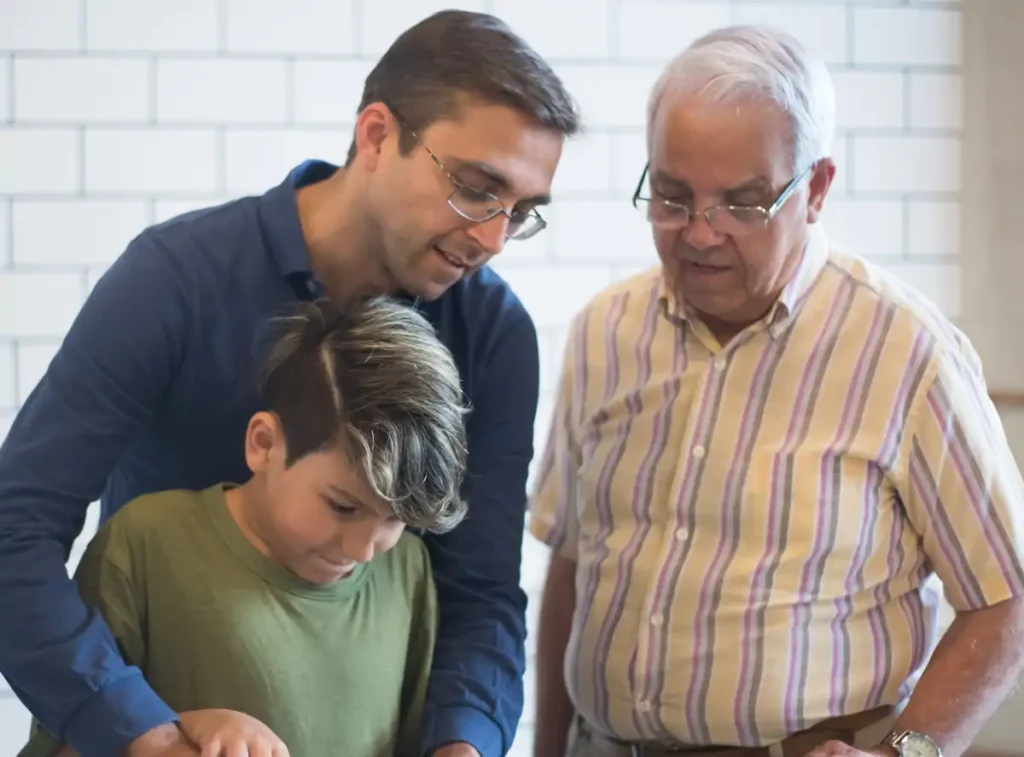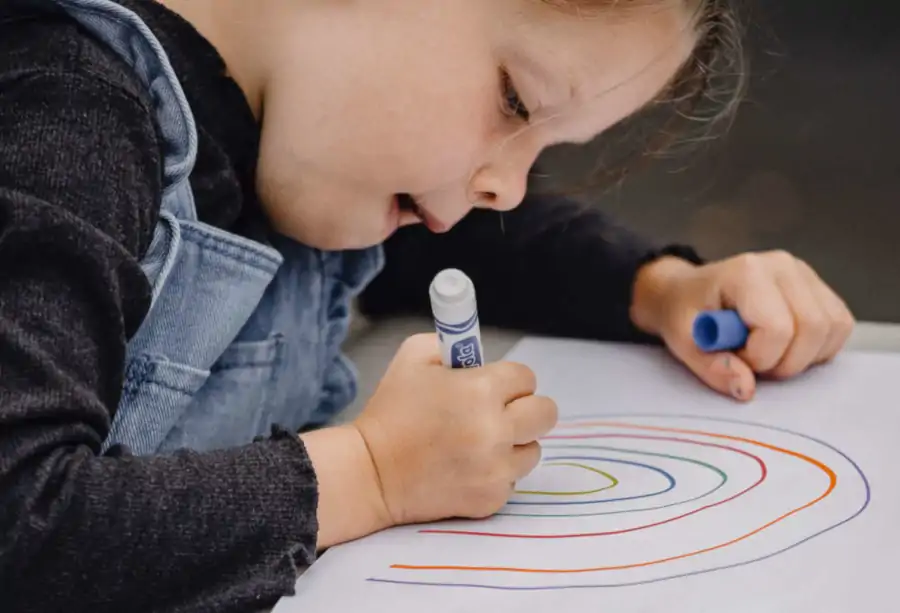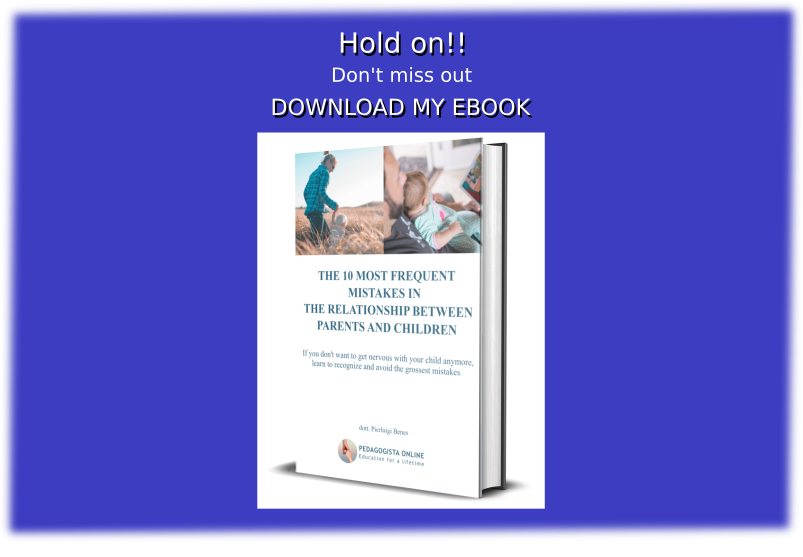How to deal with elderly parents fighting constantly? Why do the elderly become difficult?… Many people ask me these kinds of questions and need to understand how to manage the problems they have with elderly parents in their everyday lives.
In many cases, caring for the elderly is very complex, as their fragility increases suddenly and the family cannot find a way to respond to increasingly complex needs. Often, the elderly cannot be easily managed at home, which raises the stress level of the entire family, and relationships between adult children and elderly parents become significantly strained.
As a pedagogue, I also deal with adults, so I have the opportunity to help people address issues like these. Now I want to explain some characteristics of elderly behavior and outline some intervention strategies that allow you to effectively take care of elderly parents.
1. Why old people get bad: is that really?
The first thing I want you to reflect on is that being elderly does not mean being bad at all. Elderly are people like everyone else, so some are more altruistic and sociable, while others may be egocentric and even incorrect.
Good and bad are ethical judgments that do not help solve the problem; what they say is only the manifestation of the discomfort that adult children perceive when they have to manage their elderly parents.
The behavior of the elderly can become unbearable for many reasons, but this does not necessarily mean that they suddenly become “bad”. Some elderly people may become more demanding, irritable, or even express a certain arrogance; however, these behavioral changes are often the result of a series of factors, including the neurocognitive changes that occur in the elderly, both physiological and possibly related to some pathology.
These changes can generate a set of problems that affect memory, create difficulties in understanding and communication, but also reduce self-esteem and the sense of security perceived by the elderly.
Try to think for a moment about how you would feel if suddenly you lost the opportunity to dispose of the most precious things you have: motor skills, personal autonomy, etc. If you are fortunate enough to reach old age, you will also experience this kind of limitation, and it will inevitably affect how you perceive yourself.
2. Elderly parents fighting: what causes anger outbursts in elderly
In addition to what we have just seen, it must be remembered that although in the geriatric age many cognitive aspects tend to decline (memory, attention, fluid intelligence…), the so-called «crystallized intelligence» tends instead to remain constant.
Simply put, crystallized intelligence represents the ability of individuals to use the knowledge already acquired. If you have any experience with grand olds, elderly octogenarians, you may agree that they can remember very distant experiences and think about them easily; while they may struggle to remember what they ate an hour ago.
Naturally these difficulties do not arise suddenly, but are generated slowly with advancing age. It is precisely this progression that makes awareness of the cognitive limits associated with age difficult for both the elderly and their families.
From the point of view of the family, people have the perception that they are dealing with an old selfish man; from the point of view of the elderly, instead there is a feeling of losing control over facts, experiences and thoughts that were managed in safety until recently.
It is precisely here that the “misunderstanding” between the generations is generated, which can lead to an exacerbation of relations: one would like to make up for the lack of autonomy of the other; the other tries to maintain control over himself and his own things even when they no longer have sufficient autonomy to do so.
The consequence of this mechanism is represented by the anger and aggressiveness that can be aroused in the elderly by various factors, such as: the loss of autonomy and independence, social isolation, illness, chronic pain and frustration due to the reduced ability to communicate effectively.
Furthermore, family conflicts, financial difficulties and aging parents’ resistance to accepting outside help can fuel quarrels and arguments. In some cases, personality change due to illnesses such as dementia can lead to verbal and physical aggression.
Dealing with these behaviors is not easy, but it is important to try to understand the reasons behind the anger and frustration of the elderly and try to respond to their needs.
3. How to deal with elderly parents fighting constantly
In such a fiery climate to generate conflicts, it is necessary to find a way to understand how to take care of elderly parents who are constantly arguing. All of this is fully part of an educational approach which, as you were able to understand by reading me, is a form of development aid.
Even adults need help to grow and evolve; the same can be said for the elderly, at least as regards their residual potential. Helping an elderly people to understand that their abilities are declining already represents a valid development aid path; but what is the most appropriate way to manage elderly parents who are constantly arguing? The modality depends above all on the communication skills that the family possesses.
In my manual Fearless Parenting Method, I explain very well all the characteristics of effective communication and provide useful techniques both for parents to educate their children and for adult children to educate elderly parents. Indeed, in many respects getting old is just like being a child again, with the difference that some autonomies will never recover. What are the most relevant communication skills?
The first skill to refine concerns the ability to listen: there are various ways of listening but the one I urge you to pursue is active listening. In simple words, it’s not just about listening, active listening involves paying attention to the other so that non-verbal communication conveys this message: “what you say matters to me.“
The second concerns respect for the rhythms of communication which allow the barriers of communication to be overcome.
The third concerns the logic to follow when negotiating aspects with the other. When you are able to manage these aspects in a sufficiently flexible and competent manner, you can certainly direct the dialogue with the elderly towards a constructive and mutually respectful level.
Naturally this may not be enough to reduce all forms of conflict, but it is certainly much easier to circumscribe a problem and give the elderly objective references to help them understand their own difficulties.
Having said that, it is very important to start sensitizing elderly parents to the loss of autonomy that could occur in the future. If a parent has been able to establish a good relationship with their children, they are in the most useful openness to be protected by their children against the loss of autonomy linked to old age.
Finally, the last aspect that you can take into consideration if the situation gets difficult concerns the request for help that you can make. There are specific services that deal with issues affecting the elderly, starting with the social services in your area and the health services.











